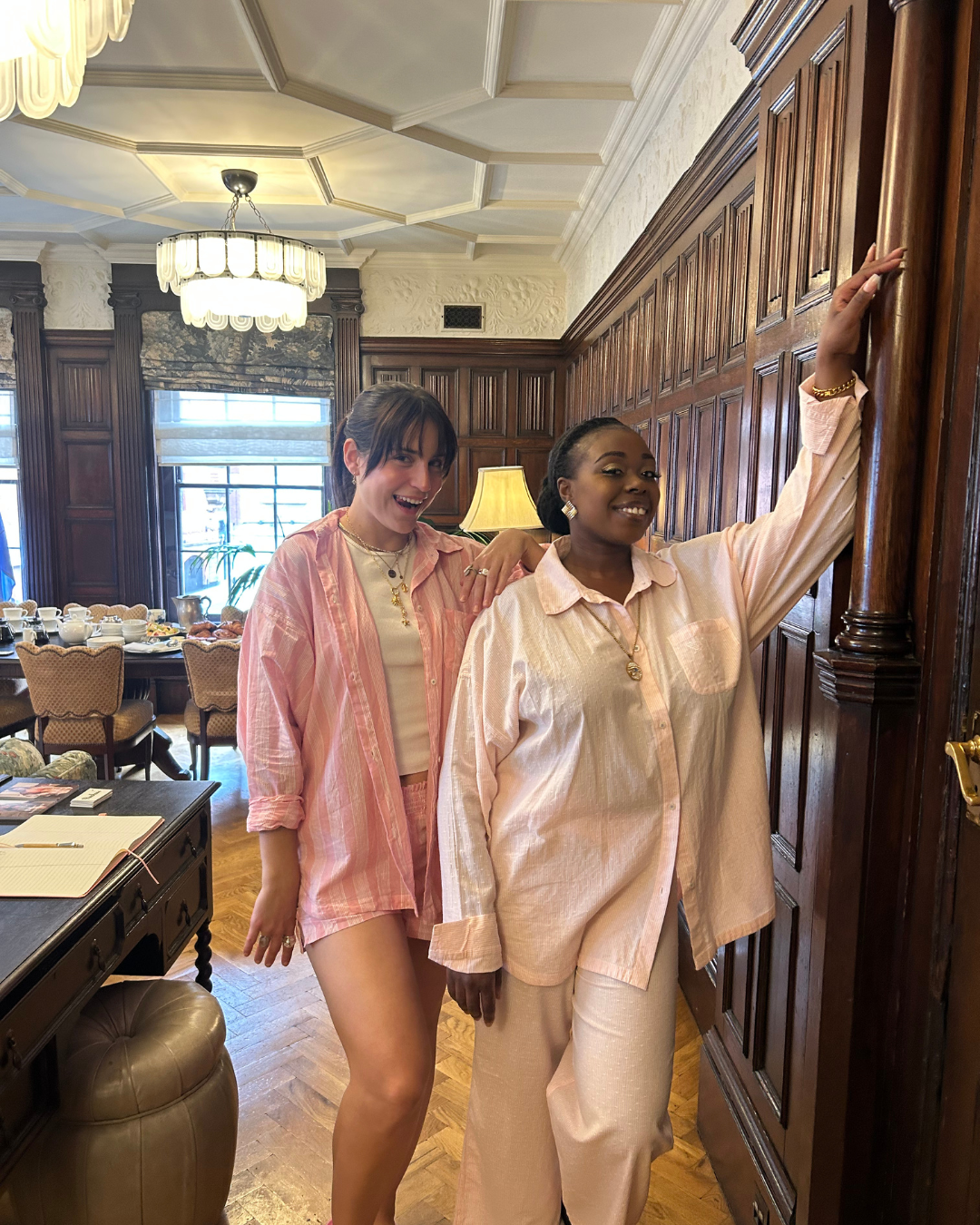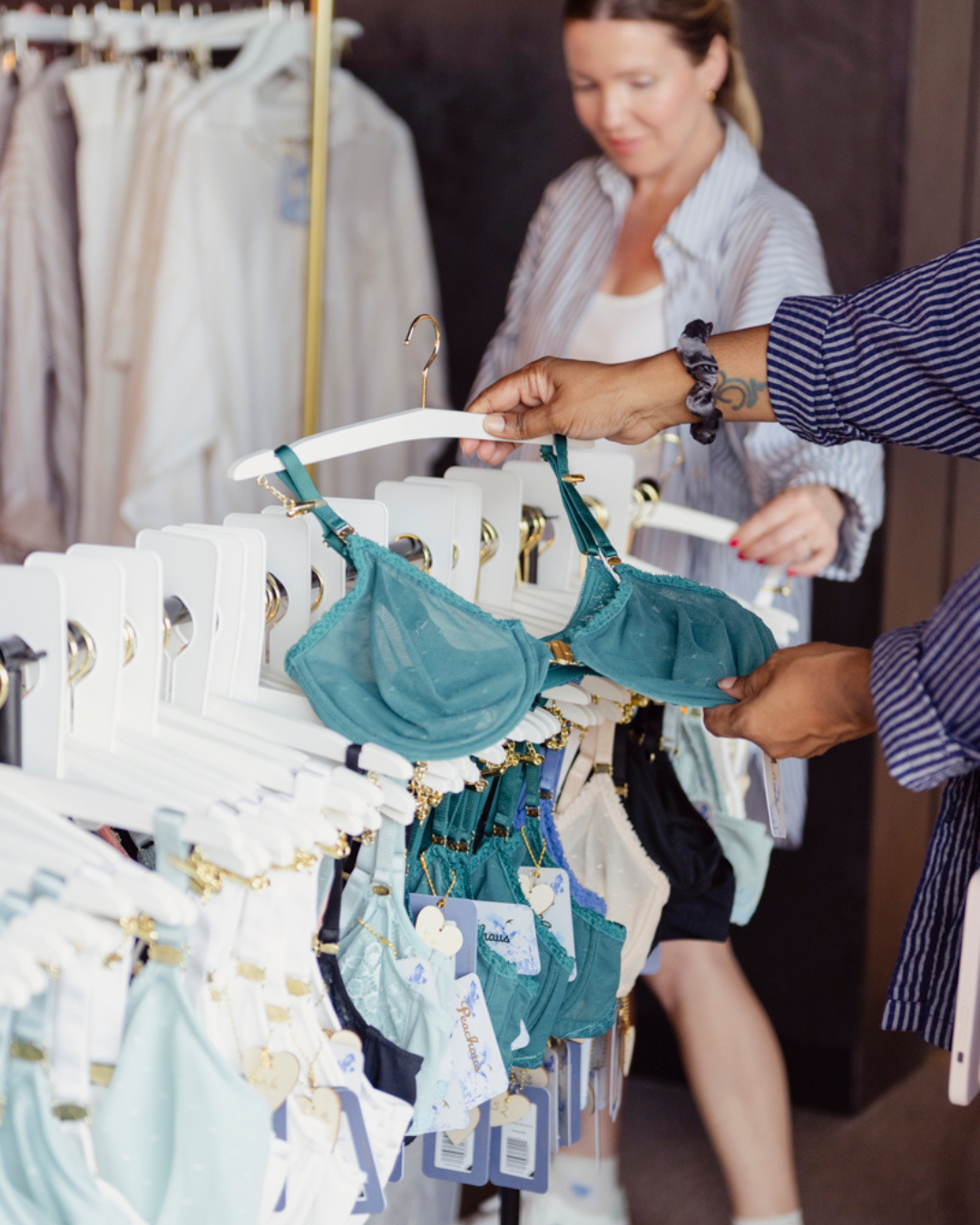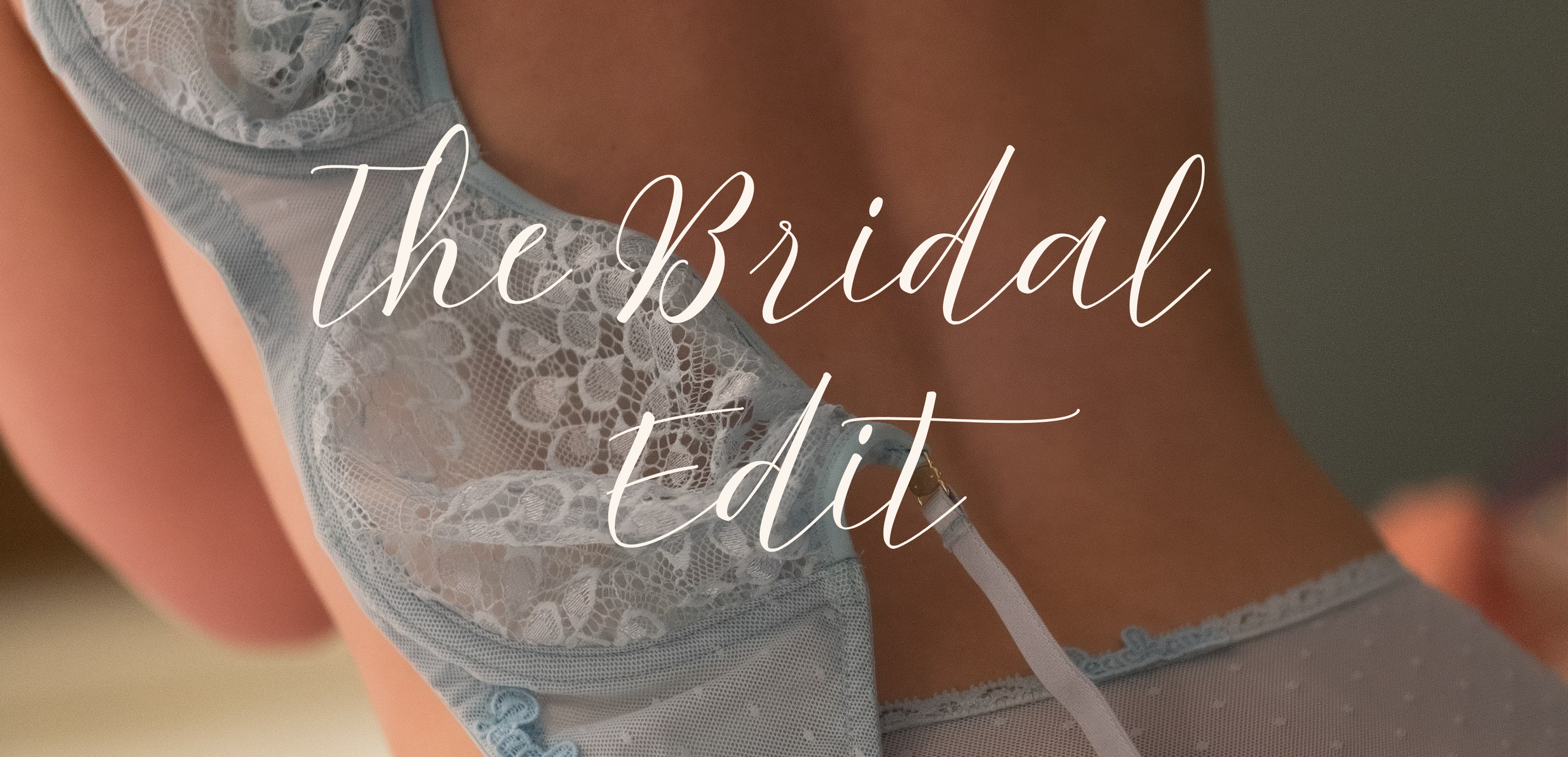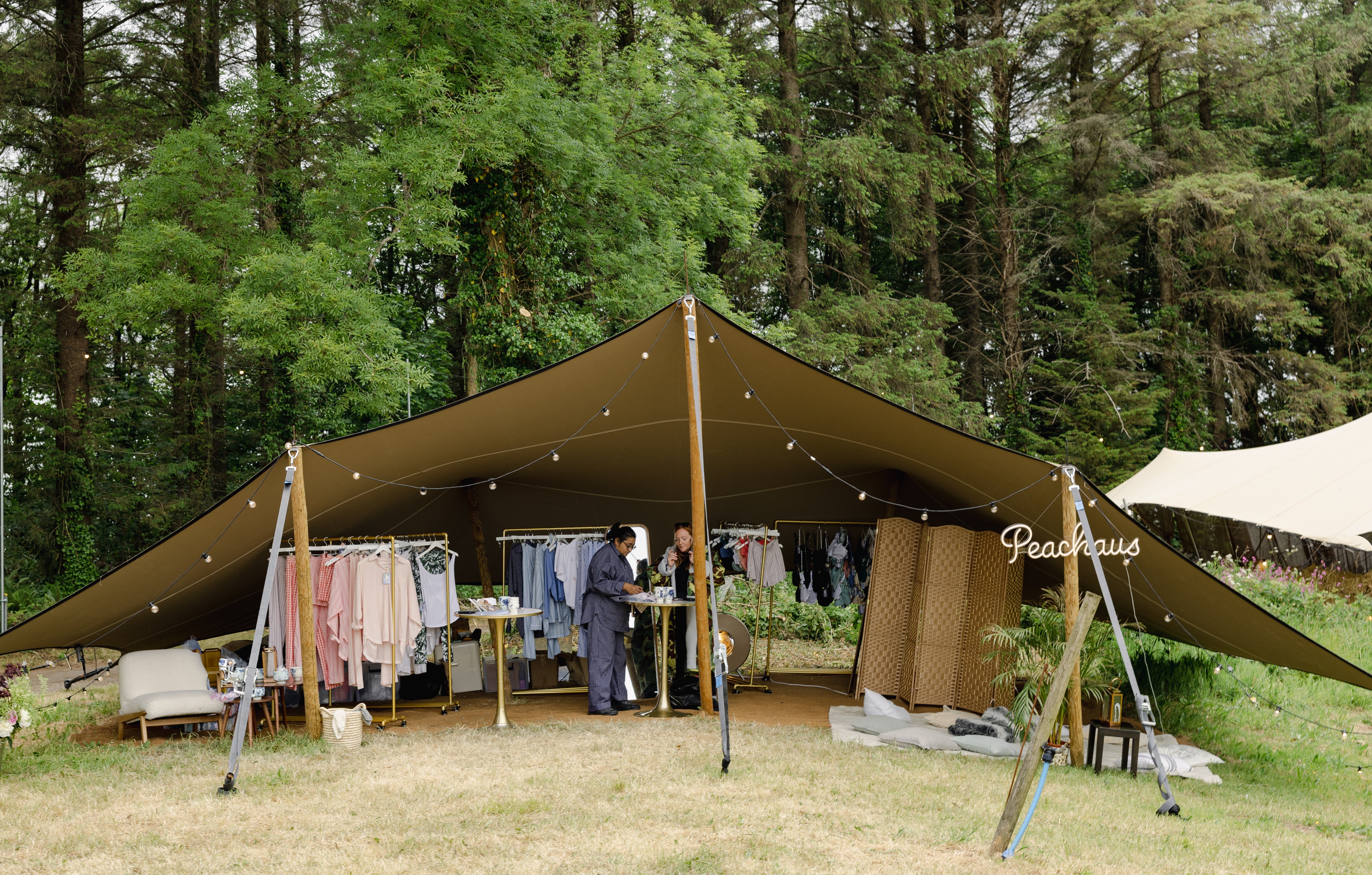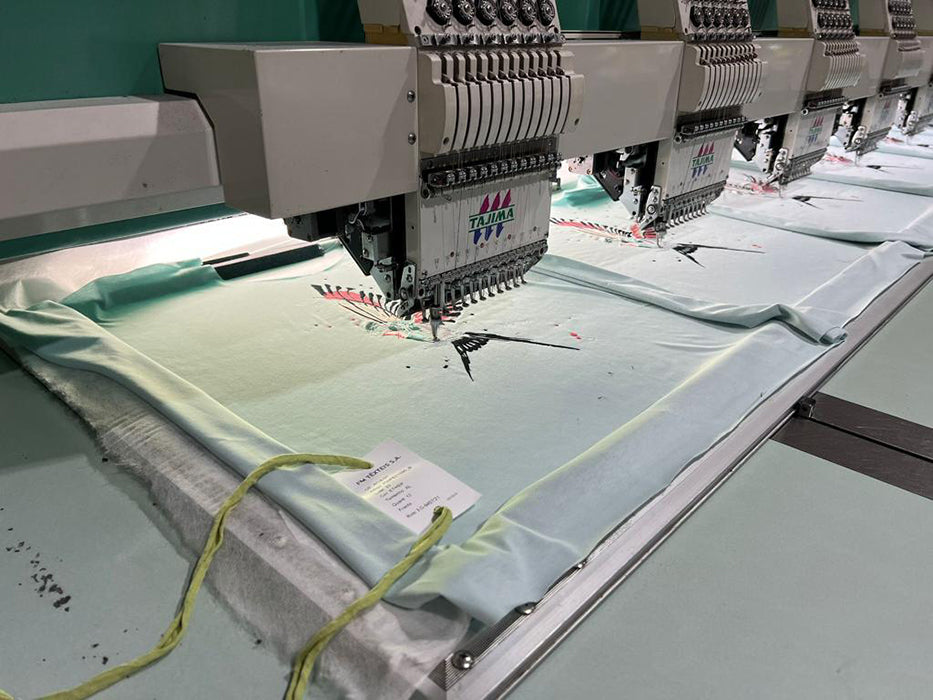
"We strive to be the business that people come to when they want to talk about sustainability and good practice."
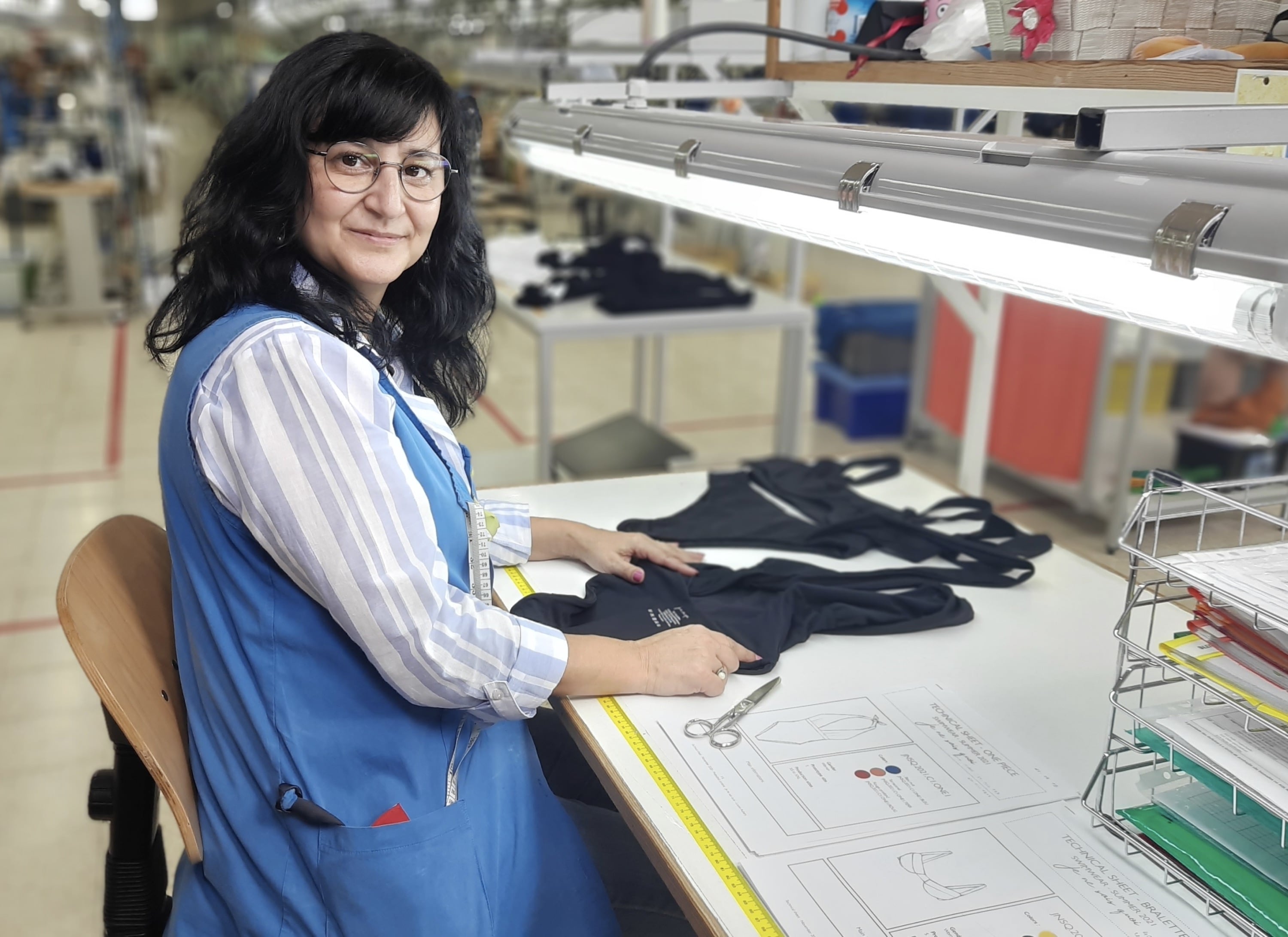
This month, we introduce Skin Intimates, our key ethical underwear maker and part of Valérius Group®, a group of 'Responsible Fashion Makers’ that’s engaged in creating a new kind of fashion system. We spoke with Jim Lyons, who heads up the state-of-the-art factory in Camarate, not far from Lisbon in Portugal—recently coined one of the greenest nations on earth. Here, he talks about some of the problems of the fashion status quo and illustrates the ways in which he and his team at Skin Intimates are changing the narrative.
Over the past 25 years, there has been a widely documented practice of outsourcing fashion production to Asia. "It became a major issue in terms of not just how people were being treated, but also the conditions in which they were working and the quality of the factories themselves", Jim highlights. By comparison, he describes why Portugal—now one of Europe’s biggest exporters of apparel—is becoming the alternative garment manufacturing destination for ethical fashion brands, "We're not just bound by the need to satisfy what our customers are asking for. There's strict legislation in place that covers most of what we do". And to illustrate the point, the Portuguese Government recently set out a cohesive strategy for creating a positive fashion system. It adopted the Green Growth Commitment (GGC), which has set more than 14 environmental targets and 100 initiatives to achieve by 2030.
It’s this pioneering attitude that we found so compelling when we were scouting for partners to help us bring our collection of ethical and sustainable underwear to life. Jim and his team aren’t content to simply match the industry’s baseline social and environmental obligations. The mission isn’t just to adapt to what our planet needs right now but to anticipate what we’ll need to thrive in the future. And so, he explains that, as part of its broader vision, Skin Intimates is exploring experimental technologies that could help it do just that.
Since joining the Valérius Group in 2018, the manufacturer has firmly embedded its parent company's forward-thinking attitude. The wider organisation is engaged in the research and creation of renewable fabrics and now has an impressive development portfolio of recyclable and reusable materials. It’s way out in front of the curve, but this isn’t necessarily a good thing. The whole industry needs to adopt this regenerative, low-impact approach if things are to change for the better. We need big strides, not baby steps.
Skin Intimates is well underway in developing biodegradable fabrics and bacterial dye techniques that can replace non-compostable textiles and toxic chemicals. It’s also implementing cutting-edge technologies that will help it to become a truly sustainable operation, including a completely renewable water source that’s used in the factory’s dye house. And right now, large-scale pre and post-consumer textile recycling schemes are underway to tackle the massive issue of waste in fashion.
Disposability is a notion we can no longer accept in the age of waste. We need to do better to extend the useful life of the materials we manufacture. Longevity and circularity have to be built into the fashion business model, from design to production, and this is a value that underpins the work that both we at Peachaus and Skin Intimates do. Jim is keen to refocus the narrative around recycling on the areas from which most of it is generated—from offices, industry and retail spaces, for example. “Although most of us would like to believe that recycled fabrics are made from ocean plastics that have been cleaned up, in reality, most come from industrial sources like recycled office building materials. Still legitimate, but not as attractive in how the story can then be related to consumers.”, Jim explains.
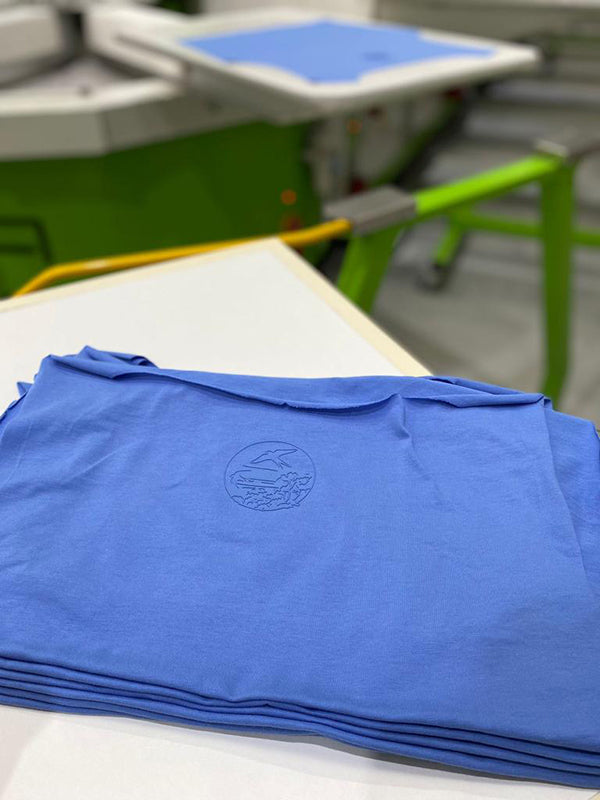
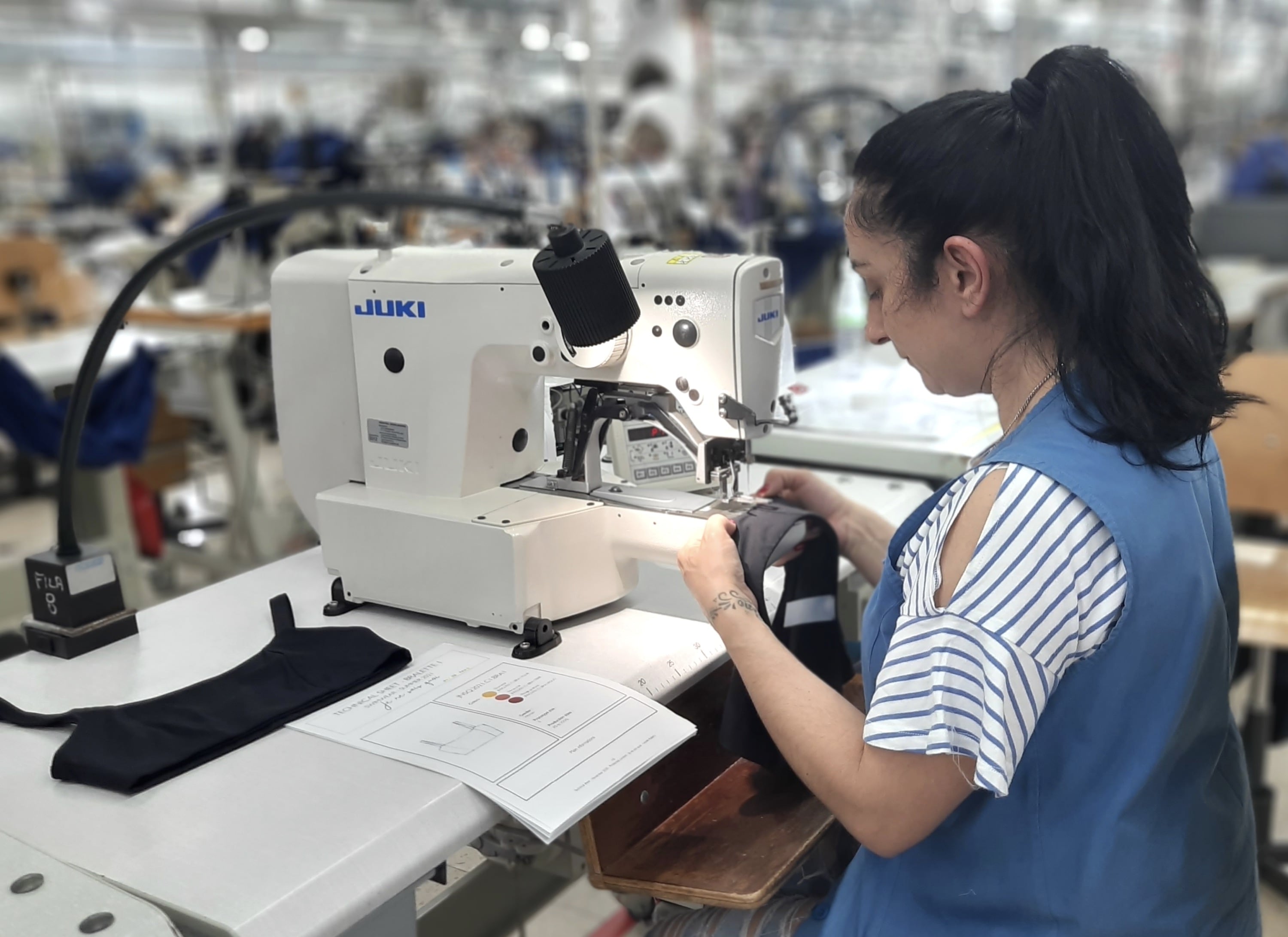
And this is why transparency across the value chain is crucial. To that point, he describes some worrying trends in the fabric manufacturing industry, "It's an insanity that people don't know what's going on at the moment in the world, and particularly in the Asian fabric supply base, but it is happening. People are literally manufacturing fabric to recycle it. So that's why the traceability element of what we're doing and the detail we provide to Peachaus is so important". Skin Intimates has full visibility of its operation, from one end of the value chain—the growing of the raw materials—to the other, the factory floor.
Now, armed with a roadmap containing close to 100 actionable points, Jim and his team are gaining their clients’ agreement on reducing carbon emissions and committing to using renewable fabrics. "There are still businesses out there who don't care about whether or not they can tell a green story to their customers. They will use the cheapest option. But most want to change". And, with 39 out of its 40-strong client roster pledging to exclusively work with sustainable fabrics from now on, Skin Intimate’s good reputation is clearly compelling others to make better choices.
But aside from its gold-standard low-impact production practices, we chose to produce our ethical underwear collection with Skin because of the working environment it provides and the care it demonstrates towards its team—the unsung heroes of the fashion industry. It treats its people how we treat ours; with respect and gratitude. The company pays its employees more than the national minimum wage, which is, as Jim describes it, “very unusual" in the sector. And it provides a safe and welcoming space in which its team can carry out their craft, something which should have always been taken for granted but, until very recently, hasn’t been prioritised globally. Now, thanks to the International Accord for the health and safety of textile and garment workers which came into effect in September 2021, workers’ wellbeing must sit at the heart of fashion production. 161 garment and textile brands have now signed the agreement, signalling an optimistic seachange.
Skin Intimates is leading the way. It’s embedding a positive workplace culture with its people at the centre of everything it does. Casual dress codes, mental health days and enabling its Makers to simply earn a sufficient salary are just a few of the ways in which the company is working to break established norms. It’s also exploring ways to expand this positive culture to local communities.
With construction of premises underway in Morocco, the Valerius Group is seeking out local young adults struggling with unemployment and supporting them to become fashion’s next Makers by offering training and providing them with the equipment they need to master their craft. "We work with the local unemployment offices to provide with machinery, backup resources and mechanics. Alongside that, we offer a five-month training course for anyone who wants to come on board". For us, this collaborative and community-focused approach is the breath of fresh air that the fashion industry has been in desperate need of. And it’s perfectly aligned with our vision to empower those who’ve yet to be given a voice.
There is, undoubtedly, a shift happening. And at the core of it is transparency, honesty and hope. We’re optimistic that organisations like Skin can help us deliver the better world we need, but we’re also realistic about the task ahead of us. There’s a long way to go until we achieve the truly sustainable and positive fashion system we are journeying towards, but with partners like this helping us to reshape the fashion narrative, we’re confident we’ll get there faster. Learn more about our vision for fashion's brighter future.
Alana Mann is a recently graduated journalist, writer and content creator spotlighted as a 'Top Talent from the Class of 2021' by the Graduate Fashion Week Foundation. Based in Birmingham, UK, she self-publishes her own magazine, Kerosene, which showcases young, bold and entrepreneurial women across the globe who have something to say.



